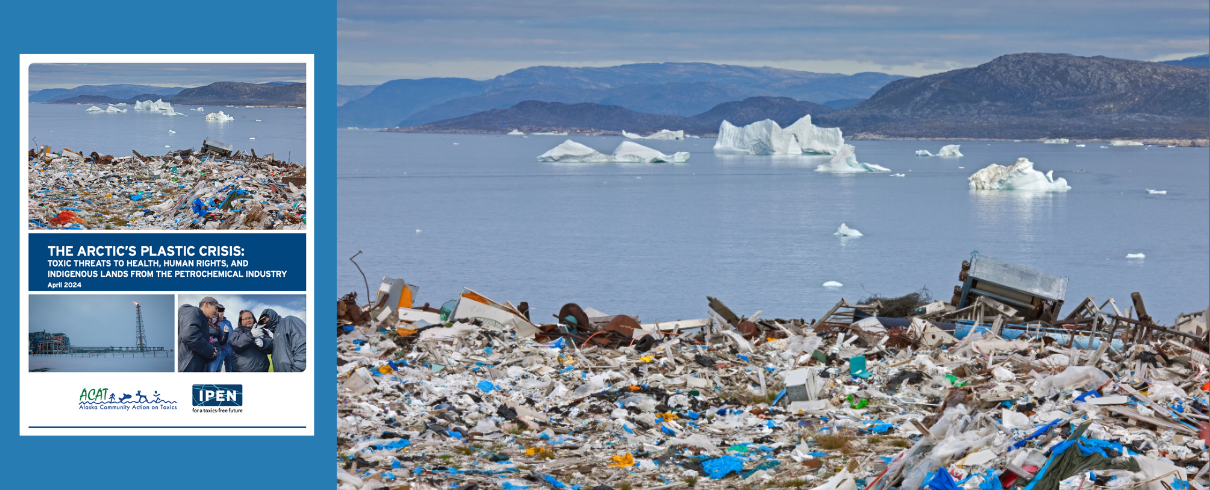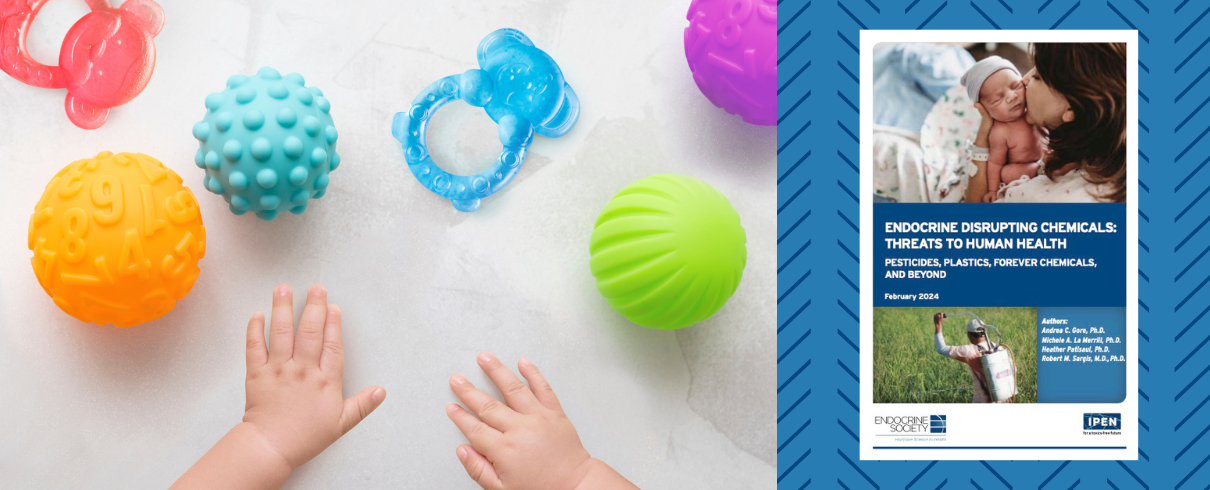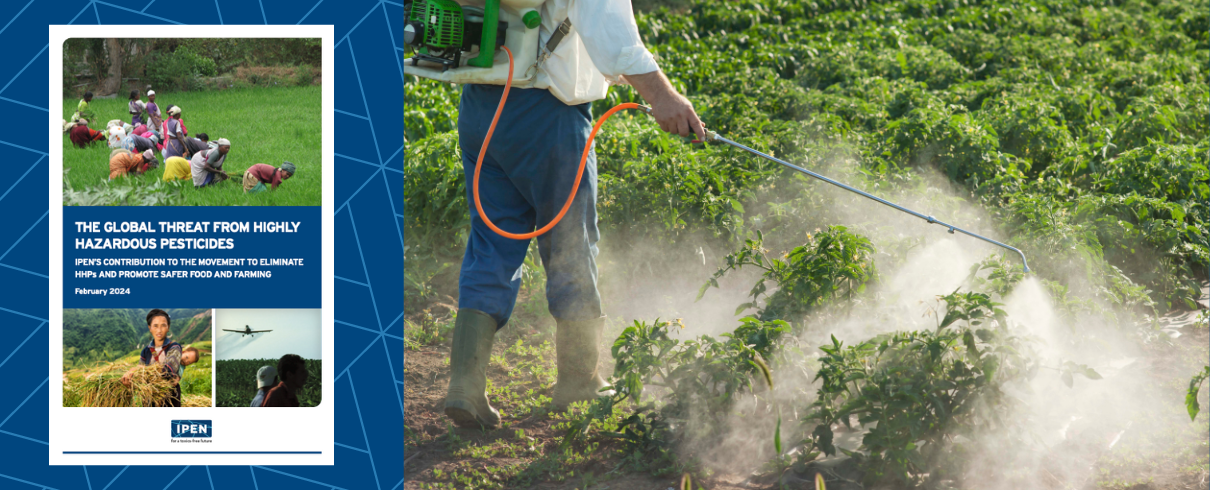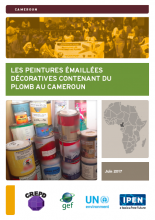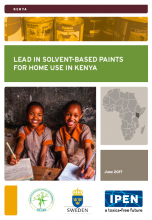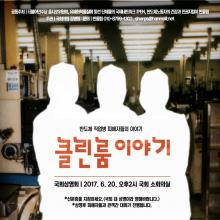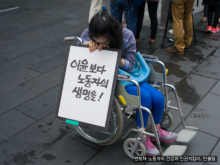First ever peer-reviewed study on the economic burdens of mercury exposure near sources named in the Minamata Convention
http://www.ncbi.nlm.nih.gov/pubmed/27594689
For Immediate Release
Göteborg, Sweden: Developing and transition countries stand to lose millions of dollars in earning potential every year due to mercury contamination, according to a new study published in The Journal of Environmental Management.[1] The analysis, led by noted researcher Dr. Leonardo Trasande, MD, MPP, is the first peer-reviewed study to estimate economic losses due to diminishing IQ resulting from mercury contamination in these countries.
The study evaluated mercury concentrations in hair samples from 236 participants from 17 sites in 15 countries, and estimated an annual loss of $77 - $130 million USD to these specific communities. All study participants lived near highly toxic mercury sources named in the Minamata Convention, the international treaty that obligates parties to take actions to minimize and eliminate mercury pollution to protect human health and the environment. On May18th, the Convention reached the 50-country ratification milestone and will become international law August 16th.
